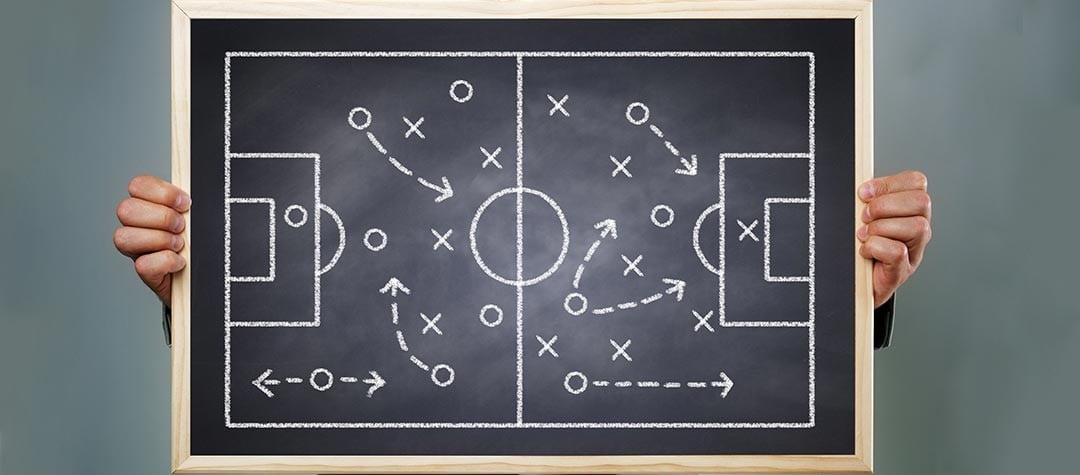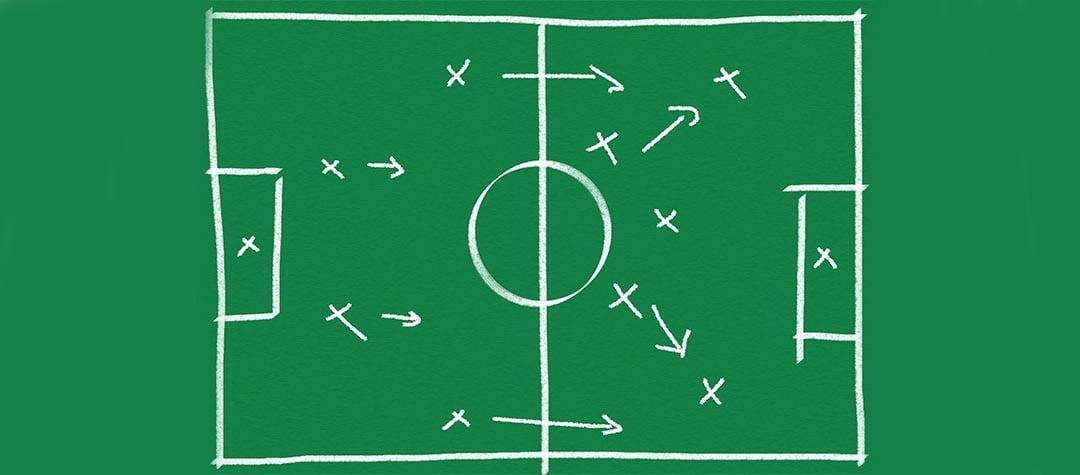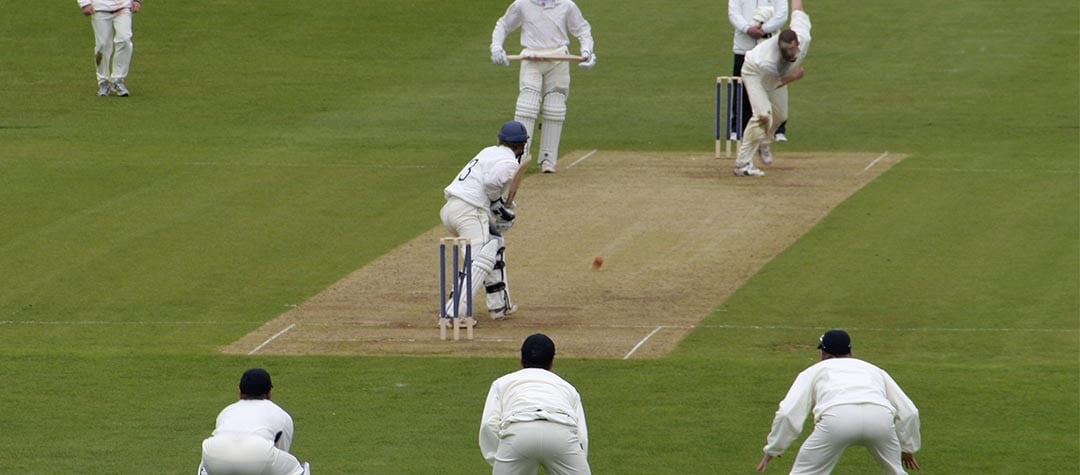If you’re unsure about getting involved in scuba diving check out these FAQs for peace of mind.
Is scuba diving dangerous?
One of the most frequently asked scuba diving questions is whether or not it's dangerous. Statistics show that recreational scuba diving is about as safe as swimming. Of course there are potential hazards (which is why you need training and certification) but like driving a car, as long as you follow the rules and use common sense, it's pretty safe.
Won’t I feel claustrophobic when scuba diving?
This is a bit of a myth. In fact, agoraphobia is a bigger worry since you have the whole ocean down there to swim around in. As a rule of thumb, if you enjoy snorkeling, you will probably enjoy diving too.
How long does it take to learn how to scuba dive
You earn your qualification when you demonstrate that you've mastered the required skills and knowledge. Some people learn faster than others, so how long it takes may vary. The PADI courses are typically four to five days long. You can easily become a certified diver during a one-week trip. Most trips offer the same deal: two days in a classroom and swimming pool and two to three days diving in the sea or ocean.
Should I be worried about getting the bends after scuba diving?
Not if you pay attention in class! For learner divers, the safety margins built into diving are so conservative that decompression sickness is extremely unlikely. Almost always, people who get themselves in trouble know they're doing something they shouldn't. So the lesson is, don't be one of those people!
My ears hurt when I dive to the bottom of a swimming pool, surely they will hurt more scuba diving in the sea?
Your ears hurt because water pressure pushes in on your ear drum. In your diving course, you'll learn an easy technique to equalise your ears to the surrounding pressure, much like you do when you land in an aeroplane, and they won't hurt at all.
What equipment do I need to learn to use for scuba diving?
Most entry-level scuba diving courses provide full equipment, but it's best to check with your instructor ahead of time. Most of the time you'll want your own mask, snorkel and fins, which are all pieces of equipment that are most comfortable when personally fitted. Your local dive centre or retail outlet can help you select quality equipment that fits right and lasts.
How long does a scuba diving tank of air last?
This is a common question that, unfortunately, doesn't have a single answer. People breathe at different rates, and you breathe faster when you're swimming than when you're resting. Furthermore, the deeper you go, the faster you use your air and there are different size tanks. So, the answer is: it depends. This is why divers have a gauge that tells them how much air they have at all times. As a very general approximation, though, a diver sightseeing in calm, warm water with no current in the five metres to 10 metres (16 to 32ft) range can expect the average tank to last about an hour.
Should I be worried about getting trapped on a fishing line when diving?
This is unlikely, especially if you are diving with professional instructors or guides. However, if the idea really bugs you, you could carry a dive knife or a pair of line cutters, both available from dive centres. During the course, your instructor will most likely have a knife to cut you out of any entanglements, but these are exceptionally rare in recreational diving.
How young can people learn to scuba dive?
To complete a four to five day entry-level course that qualifies the individual to dive, some training courses require trainees to be between 5 and 10 years old.
Is learning to scuba dive difficult?
No, it's probably easier than you imagine – especially if you're already comfortable in the water. Courses are performance-based, meaning you only move on as you learn and demonstrate the knowledge or skill required.














